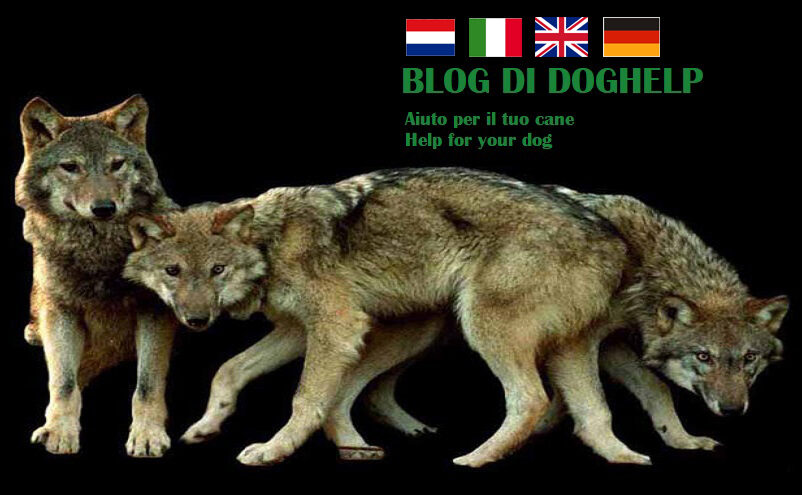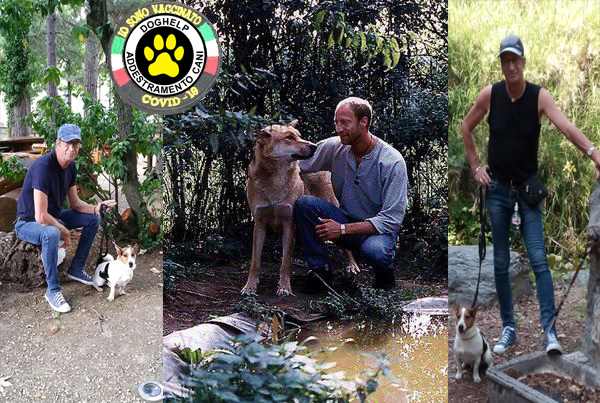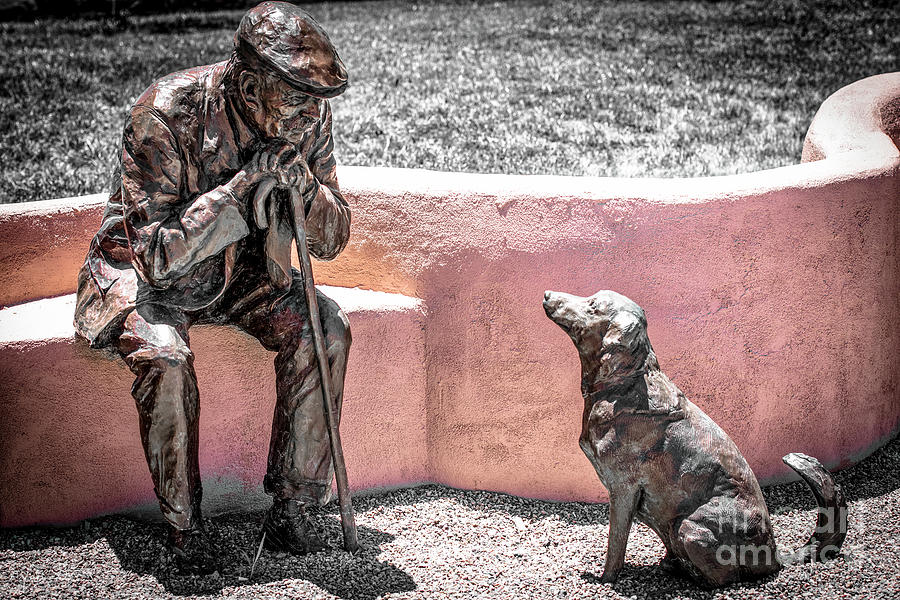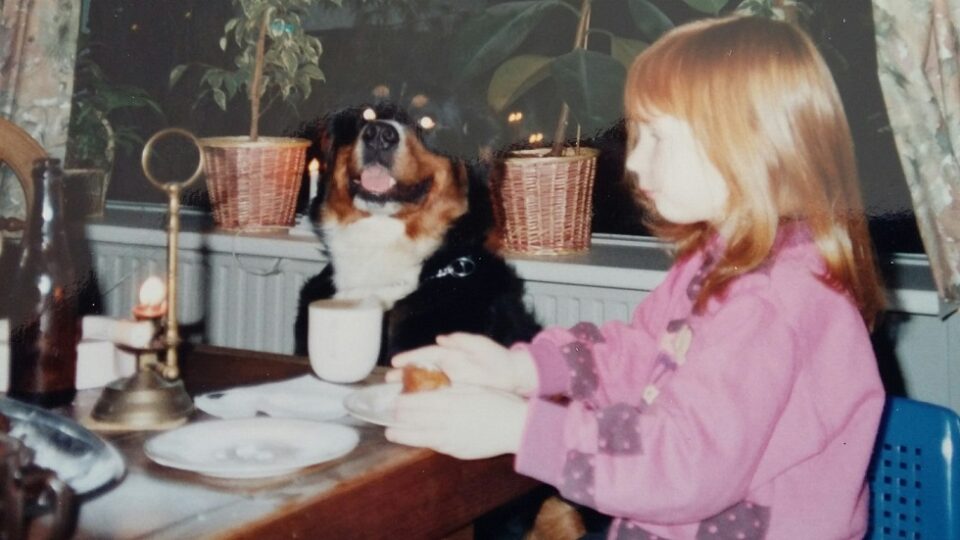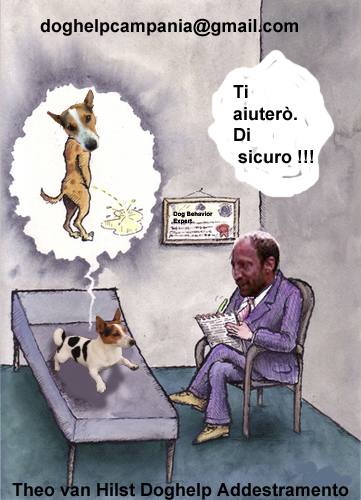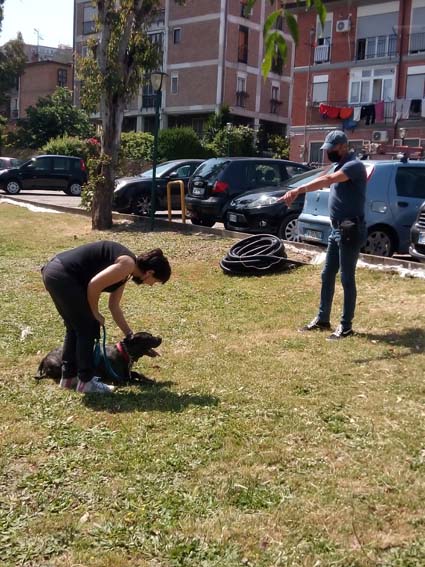Do dogs recognize human intent?
When you work with animals, especially within a specialism, such as in my case the behavior of dogs, it is a necessity to keep abreast of new findings in behavioral research. It is important that you remain extremely critical. Many investigations consist of assumptions or very personal interpretations of the alleged investigators and lead to nothing or “just kick in open doors”. My attention was drawn to an article regarding a new study on canine behavior: Do Dogs Recognize Human Intent?
German researchers claim that dogs may be smarter than previously suspected. According to them, dogs can distinguish between intentional and unintentional actions by humans. They published this finding in the scientific journal Scientific Reports.
theory of mind.
Theory of mind is the ability to attribute thoughts to others and recognize that this can lead to certain behaviors. For the most part, this is considered a uniquely human trait. However, the German study suggests that dogs are also partially capable of this. As the researchers describe, “Our findings provide important initial evidence that dogs have the ability to recognize intent-in-action.”
It was already clear that, for example, dogs become aroused by stimuli that indicate an upcoming action; for example, when a belt is picked up by the handler. It was just unclear whether dogs actually understand the human intent to go out with the dog, for example. The German researchers describe their “treat tests” in the journal Scientific Reports. Through these “tests” they hope to learn more about the dog brain.
Treat tests.
The researchers and dogs were separated from each other by means of a screen in which a hatch was made.
During the study, the researchers tested the dogs in three different ways: In one case, they tried to offer a treat but “accidentally” dropped it on their side of the screen and said “oops!” During another test, they tried to offer a treat, but the serving hatch was blocked. In the third test, the researcher offered the treat, but suddenly withdrew it and said, “Ha ha!”
The intent of this experiment was that in all three situations, for one reason or another, the dogs were not fed any food. The difference for the animals was whether the treat was intentionally withheld or not.
According to the researchers, the dogs showed markedly different behavior in the different conditions. The analysis of video recordings from 51 dogs showed that the dogs kept a longer distance from the hatch in case the researchers suddenly pulled the treat away. They also stopped wagging their tails more often and sat or lay down.
This indicates, according to the researchers, that dogs do indeed distinguish intentional actions from unintended behavior. However, they note that further research is needed to learn whether dogs actually respond to the researchers’ various exclamations.
If you have any questions and/or comments regarding this article, please let me know.
